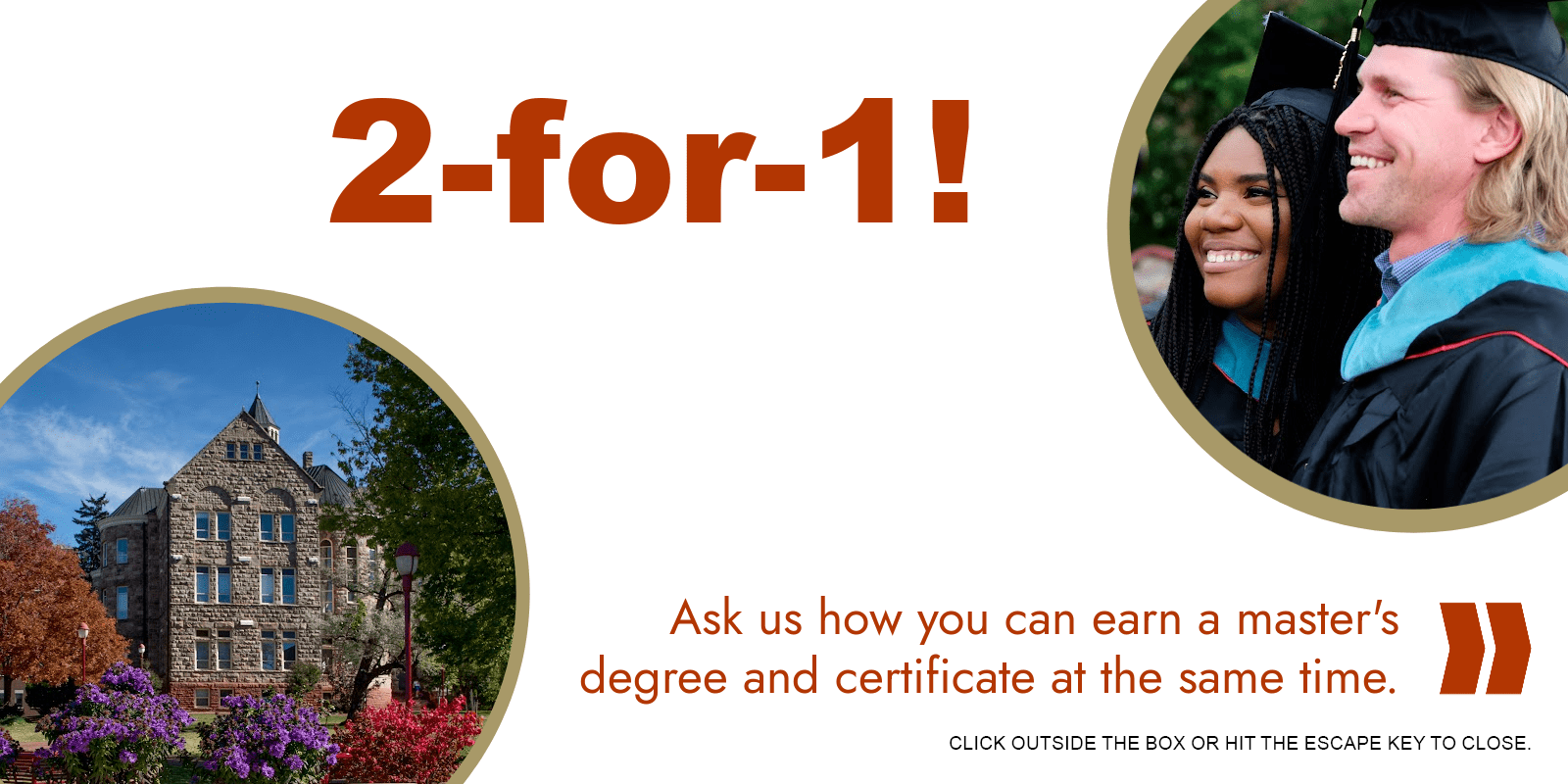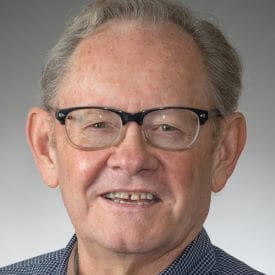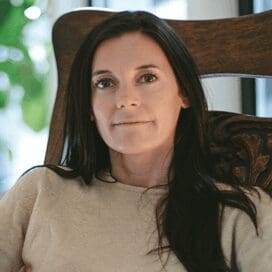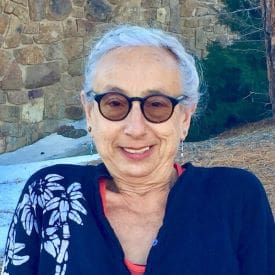Master’s Concentration
Professional Creative Nonfiction Writing: Master’s Degree
Capture the attention of your audience with creative nonfiction writing that sparks interest and inspires action. From personal essay to memoir, literary journalism to travel writing, find your voice and tell your story. You’ll progress toward mastering the fundamentals of narrative nonfiction that connects with an audience while discovering and cultivating behavior to sustain your creative efforts.
We're Here To Help
*Indicates a required field.
At a Glance
Classes Begin
September 9
Term Length
10 Weeks
Master's Degree
Tuition
$40,032
Format
Asynchronous and Hybrid Online
No GRE or GMAT
Duration
As few as 18 months

Top-Ranked University
U.S. News & World Report Rankings

Talk to an Enrollment Manager
Chris Heriza
303-871-4785
Schedule an appointment
Email me
Free Application
University College is committed to educational access, and given the difficult circumstances currently impacting millions of people, we are waiving application fees.
Skills You’ll Learn
Identify and analyze key elements of creative nonfiction writing
Define your audiences and write in ways that move and entertain them
Assess your own writing and learn how to enhance its strengths and eliminate its weaknesses
Curriculum
Master of Arts in Professional Creative Writing with a concentration in Professional Creative Nonfiction Writing requires completion of 48 credit hours (12 courses).
5
Core Courses
4
Concentration Courses
3
Elective Courses
Featured Instructors
Sample Schedule
Plan out your schedule and determine your preferred timeline for completing your master's degree—finish in as few as 18 months or take up to five years.
Interested in a graduate certificate?
Explore our four and six course graduate certificates in Professional Creative Nonfiction Writing.
Take a Course Before You Apply
We know how important it is to get started when you’re ready and that’s why you can enroll in a course before you officially apply.
Career Outcomes
Predicted outcomes for graduates of Professional Creative Nonfiction Writing
Nonfiction writing is on the rise and consumers are even willing to spend more on nonfiction titles, according to a Smashwords survey. According to Publishers Weekly, adult nonfiction had the largest gains in sales compared to other genres.
The U.S. Bureau of Labor Statistics predicts that employment for writers and authors is projected to grow 9% through 2030. Writers and authors who adjust their work for online content and social media may have an advantage.
Job Titles
Editor
Critic
Literary Journalist
Teacher
Blogger
Copywriter
Writer and Author Salary: National Average
$61,820
(U.S. Bureau of Labor Statistics)
Get Ahead with Career Services
One-on-one career coaching and mock interviews
Job database dedicated to DU students and alumni
Résumé and cover letter guidance
Hear from Our Students
Theme: Job Satisfaction
Professional Creative Writing
Flexible Online Classes
We understand the demands of balancing work, friends and family, and school can be challenging. That's why at University College, you can complete your program entirely online. Our online learning platform makes it easy to work anywhere at any time.
Accreditation
Higher Learning Commission
University College programs maintain the highest level of accreditation offered by The Higher Learning Commission, one of the regional accrediting bodies recognized by the federal government. The University of Denver and all of its academic programs are regionally accredited by this commission, and regional accreditation is the highest standard for universities in the United States.
Take the Next Step







